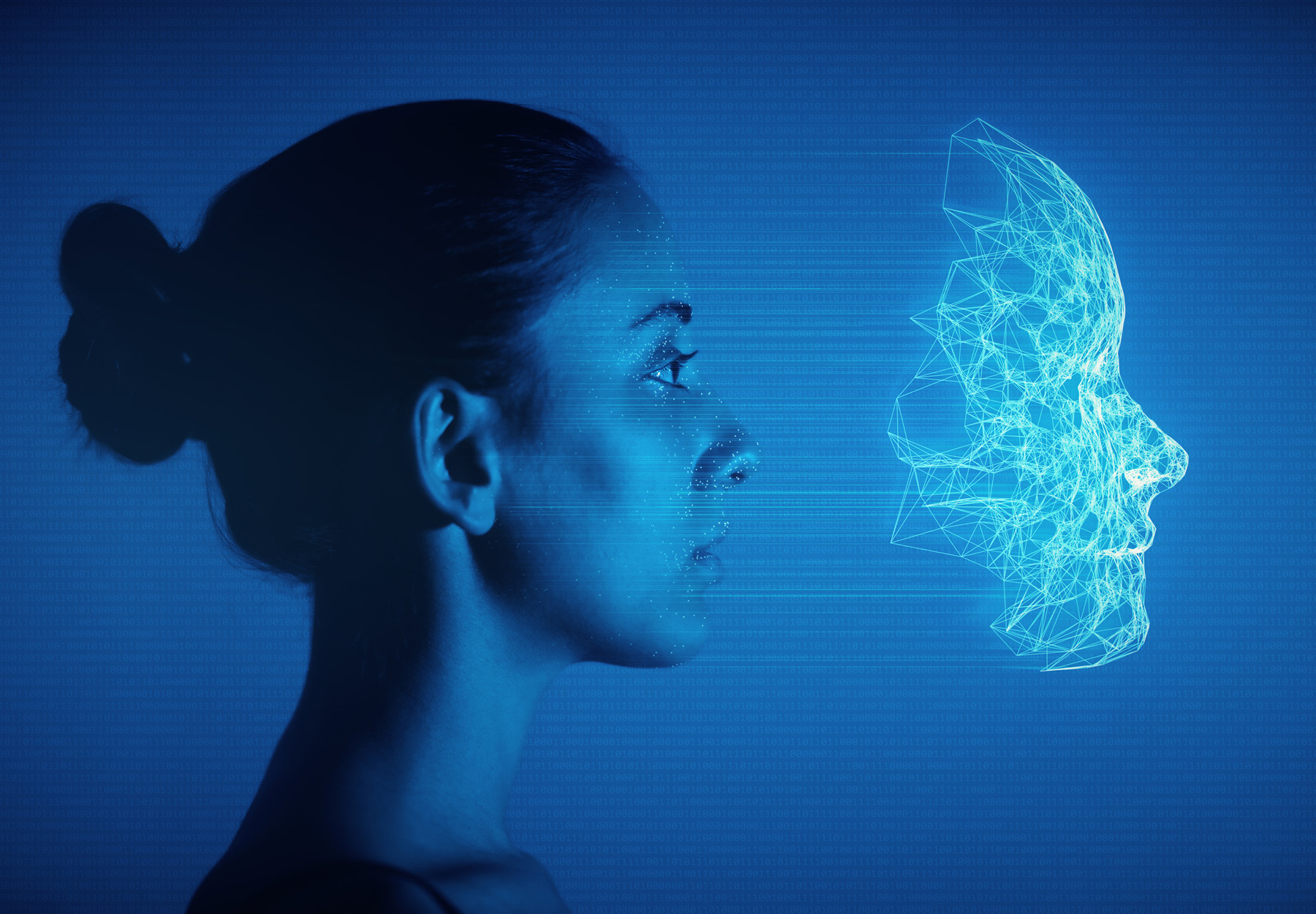Artificial intelligence (AI) and other digital technologies have great potential for improving patient care, but there are a number of concerns around how they could be misused, with privacy being a key one. Now, research published Sept. 15 in Nature Medicine may have found a way around such issues when it comes to image storage in medical records and facial recognition software.
The team, which is based in China, developed what they call a “digital mask” that “irreversibly” removes identifying features from facial images of patients, complying with what’s required under the Health Insurance Portability and Accountability Act Privacy Rule, while still keeping the information doctors need to make diagnoses.
The digital mask technology, which is based on deep-learning algorithms and 3D reconstruction, uses an original video of a patient’s face to generate a reconstructed version of the video that only includes disease information, “while discarding as much of the patient’s identity as possible,” the research team writes. They add that it’s impossible to convert the reconstructed video back to the original version because most of the information necessary “has been discarded and is no longer present in the set of digital representations that constitute the mask.”
Testing the Digital Mask
They tested the technology in a prospective clinical study involving the diagnosis of eye and vision conditions for 405 participants by 12 ophthalmologists, who made diagnoses based on the original videos and then on the reconstructed versions from the digital mask technology. The team found “very high diagnostic consistency” between the two types of videos when it came to diagnosing nystagmus, ptosis, strabismus, and thyroid-associated orbitopathy. For all other ocular conditions, the technology showed “comparable” performance, the researchers wrote.
In addition, they tested how well the digital mask technology hid patients’ identities, finding that it:
- Performed better than image cropping methods
- Evaded facial recognition systems that use AI-powered “re-identification algorithms”
- Increased patients’ willingness to allow their facial images to be used as part of their medical treatment
The researchers conclude that the study shows the potential of their digital mask algorithm in protecting patients’ image information from data breaches and misuse while still preserving the medical information doctors require, as options explored in other studies have removed too much data for doctors to make accurate diagnoses. They add the study also shows their technology’s “acceptability to healthcare users.”
However, they write that more work will need to be done to overcome the limitations of their study, such as reconstruction challenges for images relating to certain conditions, limited sample size, and remaining privacy issues relating to possible exposures of patient video and their algorithm potentially being attacked.
“Future work is necessary to further evaluate the applicability of [digital mask technology] in a wider variety of clinical settings as the requirements for de-identification will vary according to the type of imaging dataset used,” they add.
